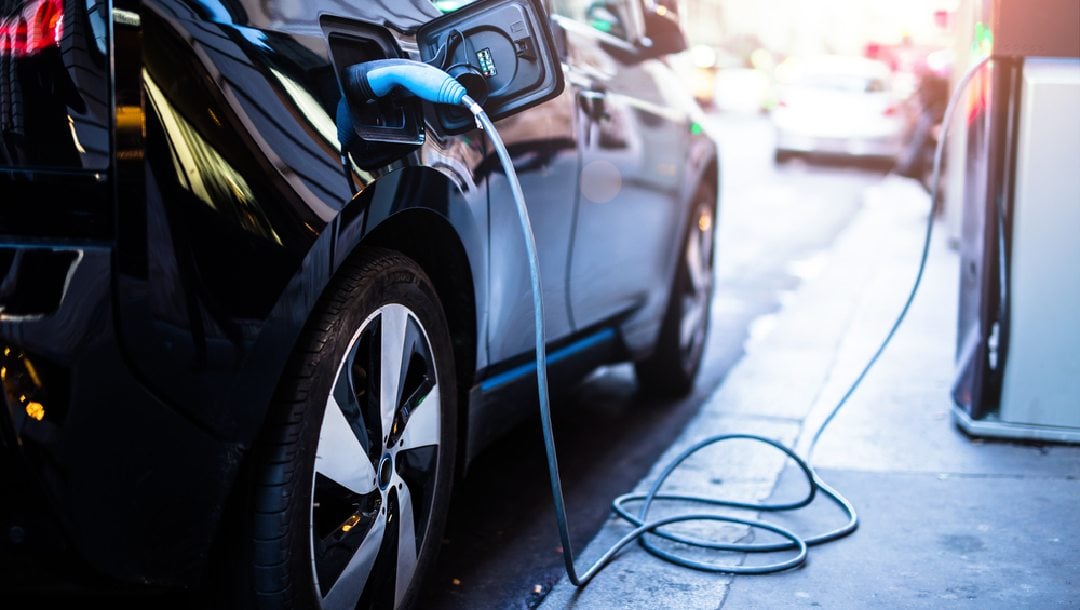
One of the most considerable concerns with lorries that operate on nonrenewable fuel sources is their emissions into the environment. Obviously, not just is this a huge factor to international warming, however it is likewise a huge consider air contamination. By taking more of these lorries off the roadways and changing them with EVs, the air will be cleaner and much healthier for individuals to breathe.
Are Electric Vehicles Better for the Environment?
The advantages of electrical automobiles on the environment have actually been commonly disputed in the last few years. Innovation and sustainability converge, and with progressing innovation and a growing requirement for sustainable items, this is bound to end up being a lot more typical dispute.
There are a couple of things to take into account when thinking of whether EVs are more eco-friendly than cars powered by nonrenewable fuel sources.
How the Electricity Is Generated
If an electrical automobile is charged on a typical U.S. grid powered by nonrenewable fuel sources and renewable resource sources, then there’s no doubt that they are more eco-friendly.
The Times offers an example of an all-electric Chevrolet Bolt versus a brand-new gas-fueled Toyota Camry. The Bolt, typically, will produce 189 grams of co2 per mile driven over its life time; the Camry produces around 385 grams of co2 under the very same scenarios.
If the Bolt is charged in a location like the Midwest, which has an electrical power grid practically totally powered by coal, these advantages are reduced rather. In these circumstances, a hybrid cars and truck would be a much better option. The option is to tidy up the electrical energy grid, which will, in turn, drop automobile carbon emissions.
Troublesome Raw Materials
The most significant issue when it pertains to electrical automobiles is the batteries and, particularly, what enters into producing them. Cobalt, lithium, and other basic materials are required to power the batteries in EVs, and these have actually been connected to numerous ecological and human rights issues at extraction.
Cobalt, in specific, is a problem. Its extraction leaves hazardous slags and tailings that are responsible to seep into the surrounding environment. The extraction approach of smelting likewise launches hazardous air toxins, like sulfur dioxide.
The majority of these basic materials are drawn out in nations with bad human rights records and where there is little to no policy on the conditions of employees. Kids and other employees frequently deal with comprehensive work hours without security from hazardous chemicals.
While the innovation for batteries powered by various components is continuous, business need to deal with making mines more eco-friendly and making sure much better conditions for their employees.






